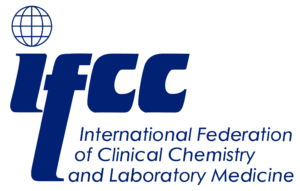Objectives
Allogeneic blood transfusion and reoperation for postoperative bleeding after the coronary artery bypass grafting have a negative impact on the patient outcome. This study aimed at evaluating the effects of reduced doses of heparin and protamine on the patient outcome, using a heparin-coated mini-cardiopulmonary bypass (CPB) system.
Methods
Sixty patients undergoing elective first-time CPB were prospectively randomized either to have a reduced systemic heparinization [activated clotting time (ACT) = 250 s] or to a control group perfused with a full heparin dose (ACT = 420 s). Blood transfusions, ventilation time, early postoperative bleeding, ICU stay, reoperations for bleeding, postoperative cognitive status and the level of mobilization were registered.
Results
Twenty-nine patients were randomized to the control group, 27 patients to the low-dose group and 4 patients were excluded because of protocol violations. Four patients in the control group received a total of 10 units of packed red blood cells, and in the low-dose group, no transfusions were given, P = 0.046. No patient was reoperated because of bleeding. The ICU stay was significantly shorter in the low-dose group (8.4 vs 13.7 h, P = 0.020), less dependent on oxygen on the first postoperative day (78 vs 97%, P = 0.034), better mobilized (89 vs 59%, P = 0.006) and had less pain (visual analogue scale 2.0 vs 3.5, P = 0.019) compared with the control group.
Conclusions
The use of a mini-CPB system combined with a low dose of heparin reduced the need for blood transfusions and may facilitate the faster mobilization of the patients.

